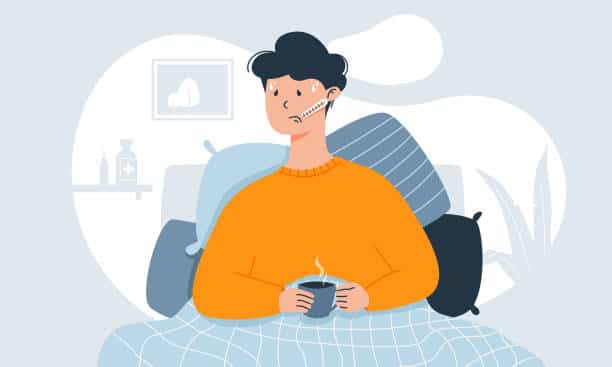GRiD, the industry body for the group risk sector has found that only two in five of employers offer their staff support for physical health to help them stay in or return to work, if they are injured or have a new illness or disability. This physical support includes access to private treatment, vocational rehab or other similar medical services.
In the event of an injury or new illness/disability, employers also offer the following:
- 38% provide support for mental health, such as Mental Health First Aiders, an EAP, and counselling
- 38% provide support for social health, such as including employees in work events
- 36% provide support for financial health, such as advice on budgeting, discount vouchers or pay advances
Support for physical health is most helpful: Of those employers who provide support when staff are incapacitated, 33% agreed the support for physical health was the most helpful. This was followed by support for mental health (31%) and financial health (29%).
Funding for support: When a staff member has an injury or new illness/disability, 41% of employers fund this support on a case-by-case basis. GRiD warns that this approach has several drawbacks:
- Expensive to provide sufficient depth and breadth of support.
- Difficult to budget for, as no employer will have the same number of cases year-to -year.
- It is not egalitarian: employers need to ensure that all employees receive the same approach to their illness, injury or disability, otherwise, they could face claims of discrimination or inequality.
- Providing support on a case-by-case basis requires employers to fully understand a condition in order to provide the correct pathway. Without a level of clinical expertise, funds could be wasted, and positive outcomes delayed, by not providing the most appropriate help or treatment.
- Many conditions are complex and long-term and when support is paid for on a case-by-case basis, it may not deliver adequate outcomes for the individual over the full period of time that they need it.
Employers who offer benefits such as group income protection will find that they are well-equipped to deal with staff in these situations which is the most cost-effective and comprehensive way to fund this.
Katharine Moxham, spokesperson for GRiD, said: “While it is good to see employers thinking broadly about their staff in these situations across the four main pillars of physical, mental, social and financial support, these figures are low. We would like to see more employers prepared to support their workforce through these difficult times. We would encourage more employers to investigate how group income protection has helped other companies and how it could support theirs. It does of course give financial assurance but also a great deal of preventative and rehabilitation support too.”





